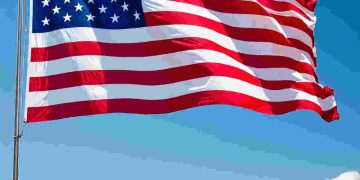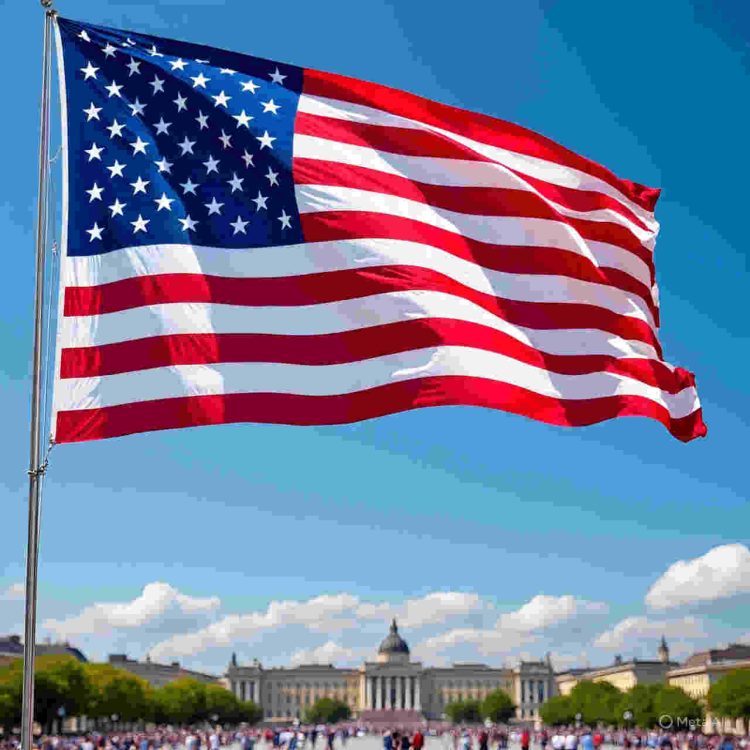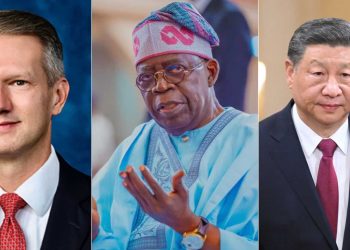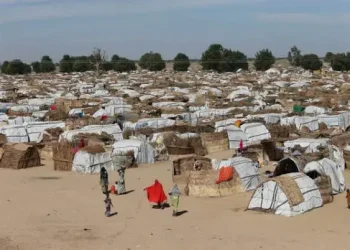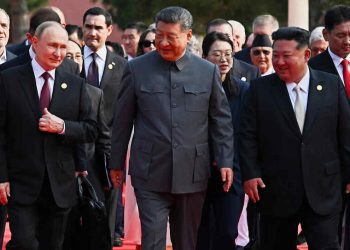The U.S. is rolling out a pilot program requiring travelers from selected countries to pay up to $15,000 in visa bonds to curb overstays, targeting nations with high violation rates.
In a controversial move aimed at tightening immigration compliance, the United States government has announced a new visa policy that will require business and tourist visa applicants from specific countries to post bonds of up to $15,000 before being granted entry into the country.
This decision, which comes as part of a 12-month pilot programme, was disclosed in a notice issued by the U.S. State Department, targeting nations deemed “high-risk” based on overstay rates, weak identity systems, or citizenship-for-investment schemes lacking solid residency conditions.
Under the program, applicants from affected countries may be required to pay a refundable bond of $5,000, $10,000, or $15,000 when applying for B-1 (business) or B-2 (tourist) visas. The bond is designed to ensure the visa holder complies with the terms of their stay and departs the U.S. as scheduled.
If the traveler exits the U.S. within the allotted visa period, the bond will be fully refunded. However, failure to comply could lead to the forfeiture of the bond and future visa restrictions.
The policy will not apply to citizens of countries that are part of the U.S. Visa Waiver Programme (VWP), which includes most European countries, as well as some nations in Asia and the Middle East.
The visa bond initiative is the latest in a series of immigration restrictions introduced under the Trump administration. Just last week, U.S. immigration authorities implemented policies requiring in-person interviews for more visa renewals and proposed rules mandating valid passports for all applicants to the Diversity Visa Lottery Programme.
Historically, the idea of visa bonds has been considered too cumbersome and controversial. The State Department previously opposed such measures, citing bureaucratic complexities and potential damage to U.S. diplomatic reputation.
However, the department now argues that its former stance lacked sufficient testing, stating:
“Previous opposition was not supported by current evidence, as visa bonds have not been widely tested or evaluated in practice.”
While the specific countries subject to this pilot programme have not been publicly disclosed, they will be listed 15 days after the rule is published in the Federal Register.
According to immigration analysts, countries with consistently high overstay rates, or those with weak border control mechanisms, may likely be included. These could potentially include several African, South Asian, and Caribbean nations—regions historically scrutinized under U.S. immigration reviews.
At BsgistNews, we will continue to track how this policy evolves and the diplomatic fallout it may generate across affected countries.
